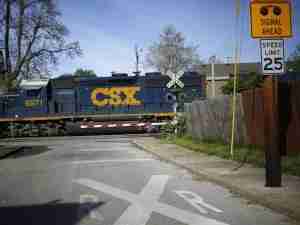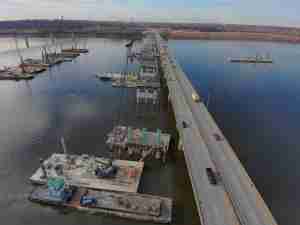The rail strike that began this week would take a multibillion dollar toll on Canada’s economy if it’s not resolved by the time parliament resumes sitting next month.
Conductors and yard operators at Canadian National Railway Co. walked off the job Tuesday, snarling shipments of key exports. Were the disruption to last until Dec. 5, when lawmakers resume work in Ottawa after an election in October, it could crimp output by as much as C$3.1 billion ($2.3 billion), according to an analysis by Toronto-Dominion Bank economists Brian DePratto and Derek Burleton. That’s equivalent to a nearly one-quarter percentage point loss in the fourth quarter.
“The longer this goes on, the bigger the knock-on effects are likely to be, particularly for sectors like agriculture and chemicals,” DePratto said by email Thursday. “So the Dec. 5 impact analysis may be somewhat conservative.”
Economic growth is already decelerating amid global trade tensions. The consensus estimate for gross domestic product in the fourth quarter is for 1.3%, according to a Bloomberg survey before the strike began. CN, Canada’s largest railway is responsible for shipping oil, grain and consumer goods from the inland prairies to the U.S. and other ports for export around the world.
Prime Minister Justin Trudeau, who was re-elected to a second term but failed to win any districts in two energy and agriculture rich western provinces, is facing calls to legislate an end to the strike. His transport minister said Wednesday the government prefers a negotiated settlement.









